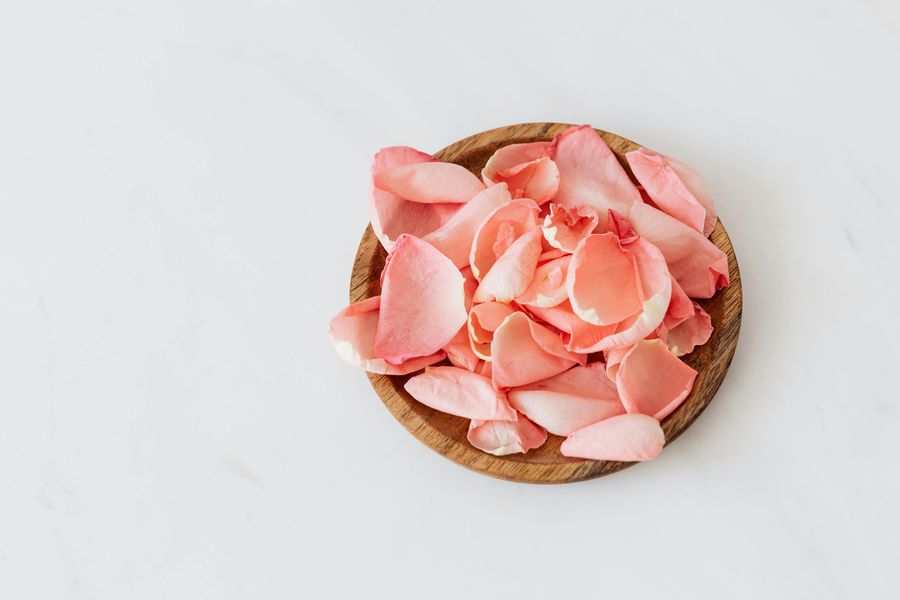Finding a Second Date That Works: The Ultimate Guide
Dating can be daunting, but don’t worry – most of us feel the same way. We want to find the right person and build meaningful connections.
But how do we move from that first date to a second one? And if we’ve had past experiences that make us anxious or emotional, how can we manage those feelings?
In this article, we’ll help you navigate the delicate art of finding a second date that works.
When to Ask for a Second Date
Social media and comparison culture can make us feel extra pressure to lock in a second date right away. But take a deep breath and trust your gut – there’s no one right time to ask for a second date.
If you’re feeling good vibes, go ahead and ask! If you need some time to think it over, that’s okay, too. You don’t need to follow anyone else’s timeline but your own.
Who Should Ask for a Second Date
Traditionally, it’s been expected for the man to ask for a second date. However, in modern dating, anyone can ask! If you’re the one who wants to see that person again, go ahead and ask with confidence.
And if someone asks you for a second date and you’re not interested, it’s important to respect their feelings and let them down gently.
10 Best Ways to Ask for a Second Date
Now for the big question – HOW do we ask for a second date? Here are our top ten tips:
-
Prepare for rejection. It’s hard to put yourself out there, but remember that it’s not a reflection of your worth if someone says no.
Dust yourself off and keep trying!
-
Plan your message.
If you’re asking via text or social media, take some time to craft a thoughtful message that conveys your interest and enthusiasm.
-
Be assertive. Don’t beat around the bush – come right out and say that you’d like to see them again.
-
Find a hook.
Refer back to something from your first date that you both enjoyed, like a restaurant or an activity.
-
Be specific. Suggest a particular day or time, rather than leaving it open-ended.
-
Leverage existing plans.
If you both mentioned a mutual interest in seeing a new movie, suggest that as your second date.
-
Be okay with rejection. You can’t control how someone else feels, so don’t take it personally if they decline.
-
Focus on the big picture.
Remember that a second date is just one small part of your journey to finding the right person. Don’t put too much pressure on it.
-
Make a strengths list.
Remind yourself of all the wonderful qualities that you bring to the table, and let yourself feel confident.
-
Prepare for commonly asked questions. Be ready to answer questions about yourself and your interests, and come up with some questions to ask them in return.
Managing Anxiety and Baggage in Dating
As much as we want dating to be smooth sailing, our past experiences and emotional baggage can make it more complicated. Here are our tips for managing anxiety and staying grounded:
Our Anxieties and Baggage in Dating
We’ve all had experiences that shape our dating fears and anxieties. Maybe we’ve been hurt before, or we feel insecure about certain aspects of ourselves.
These feelings can be triggered during a date, but it’s important to recognize that they don’t define us.
How to Overcome Anxiety in Dating
To overcome anxiety in dating, it’s helpful to value yourself and your worth. Practice self-compassion and balance in your expectations.
Accept that you can’t control everything, but you can control how you react. Individual or couples counseling can also be a helpful tool for exploring these anxieties in a safe and supportive environment.
Finding Confidence in Dating
Building confidence in dating means getting in touch with your emotions and core beliefs. Let go of limiting or negative self-talk, and embrace your own unique strengths and qualities.
Remember that your ego doesn’t define your worth. Finally, don’t hesitate to seek therapy or other forms of support to build a stronger sense of self-esteem and confidence.
In conclusion, finding a second date that works means trusting your instincts, being assertive, and recognizing your own emotional baggage. No matter what happens, remember that you’re deserving of love and companionship, and that with time and patience, you can find the right person.
Understanding and Building Positive Relationship Dynamics
Relationships are complex and dynamic. Whether you’re in a long-term partnership or just starting out, it’s important to understand the underlying dynamics at play.
In this section, we’ll explore the mechanics of relationships and how to build positive dynamics that foster connection and growth.
Understanding Relationship Dynamics
Relationship dynamics are the patterns and energies that shape the way we interact with one another. They can be positive, negative, or neutral, and they often evolve over time.
Understanding your own relationship dynamics is key to building healthy and fulfilling connections with others. One of the most important aspects of understanding relationship dynamics is managing your expectations.
It’s natural to come into a new relationship with certain hopes and assumptions, but it’s important to communicate those and remain open to new experiences and perspectives. Cultivating curiosity and a willingness to learn about your partner or potential partner can also help create a positive dynamic.
Building Positive Relationship Dynamics
Positive relationship dynamics don’t just happen on their own – they require work and intentional effort. Here are some key strategies for building and maintaining a positive relationship dynamic:
-
Communication – Healthy communication is the cornerstone of any positive relationship dynamic. Be open and honest with your partner, listen actively, and clarify your own needs and desires.
-
Compromise – Relationships involve give and take, and compromise is essential to creating a positive dynamic.
Be flexible and willing to find mutually beneficial solutions to conflicts.
-
Emotional intelligence – Emotional intelligence involves being aware of and able to manage your own emotions, as well as empathizing with others. Strengthening your emotional intelligence can help you build healthy, positive relationships.
-
Conflict resolution – Conflict is inevitable in any relationship, but it doesn’t have to be destructive.
Learning healthy conflict resolution skills can help prevent negative dynamics from taking hold.
-
Trust – Trust is a key component of any positive relationship dynamic. Building trust takes time and effort, but it’s essential to creating a strong connection.
Commonly Asked Questions About Dating
Now let’s dive into some of the most common questions people have about dating dynamics:
Defining Dating
The term “dating” can mean different things to different people, but generally, it refers to spending time with someone with the goal of getting to know them and potentially building a romantic connection. There’s no set number of dates that qualifies as “dating,” but it’s usually understood to involve multiple encounters.
Physical Intimacy in Dating
When it comes to physical intimacy, there are no hard and fast rules. Different people have different comfort levels and boundaries, and it’s important to respect those.
Some people may feel comfortable kissing on a first or second date, while others may want to wait longer. Ultimately, it’s up to you and your partner to communicate openly about your preferences and boundaries.
Asking for a Second Date
Asking for a second date can feel nerve-wracking, but it doesn’t have to be. The key is to be confident and clear in your communication.
If you’re the one asking, simply express your interest and suggest a specific date and time. If you’re the one being asked, be honest and assertive in your response – whether that’s saying yes, no, or asking for more time to consider.
Timing can also be important – it’s generally a good idea to ask for a second date either during the first date, or within a day or two afterwards.
In conclusion, understanding and building positive relationship dynamics is a journey that requires time, effort, and a willingness to learn.
By focusing on healthy communication, compromise, emotional intelligence, conflict resolution, and trust, you can create a foundation for a strong and positive connection with others. Remember, each relationship is unique, and there’s no one “right” way to approach dating or building new connections.
The most important thing is to stay true to yourself and your own needs and desires.
In summary, understanding the dynamics of relationships and how to build positive connections is a vital aspect of navigating the dating world.
By managing your expectations, cultivating curiosity, communicating openly, compromising, practicing emotional intelligence, resolving conflicts, and building trust, you can create a foundation for a healthy and fulfilling relationship. Whether you’re just starting out or have been in a long-term partnership, the key is to stay true to yourself and remain open to learning and growth.
By focusing on building positive relationship dynamics, you can create a foundation for a strong and lasting connection with someone special.



